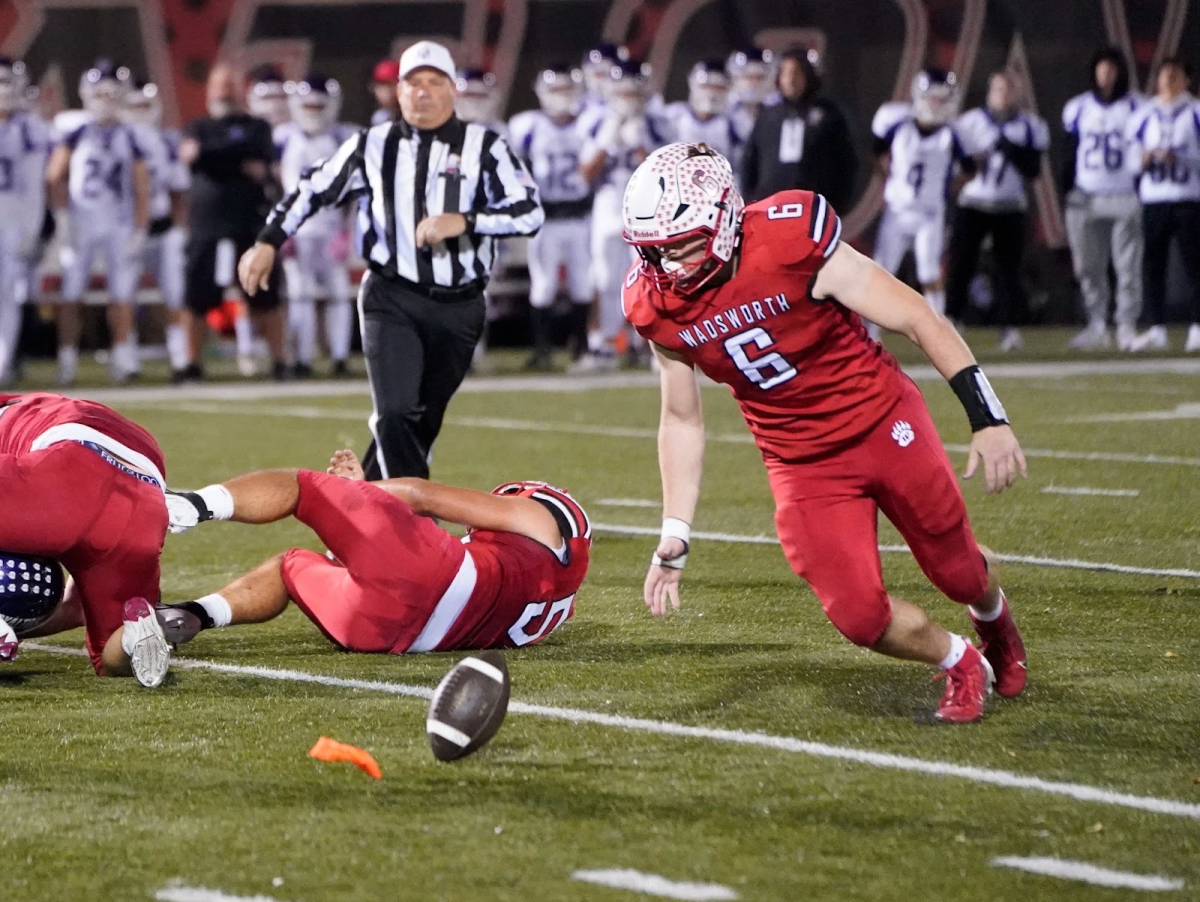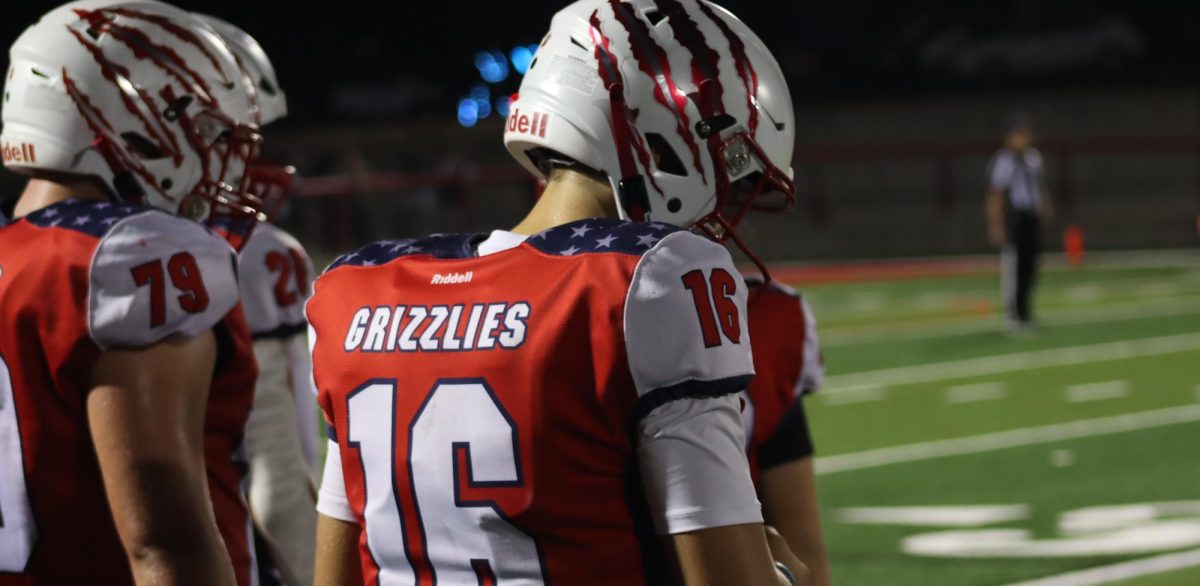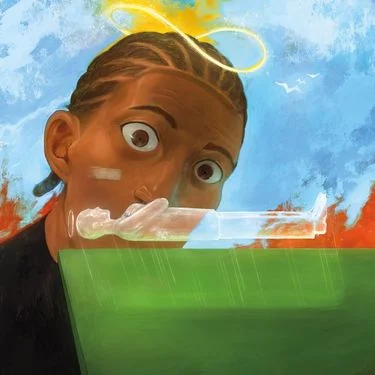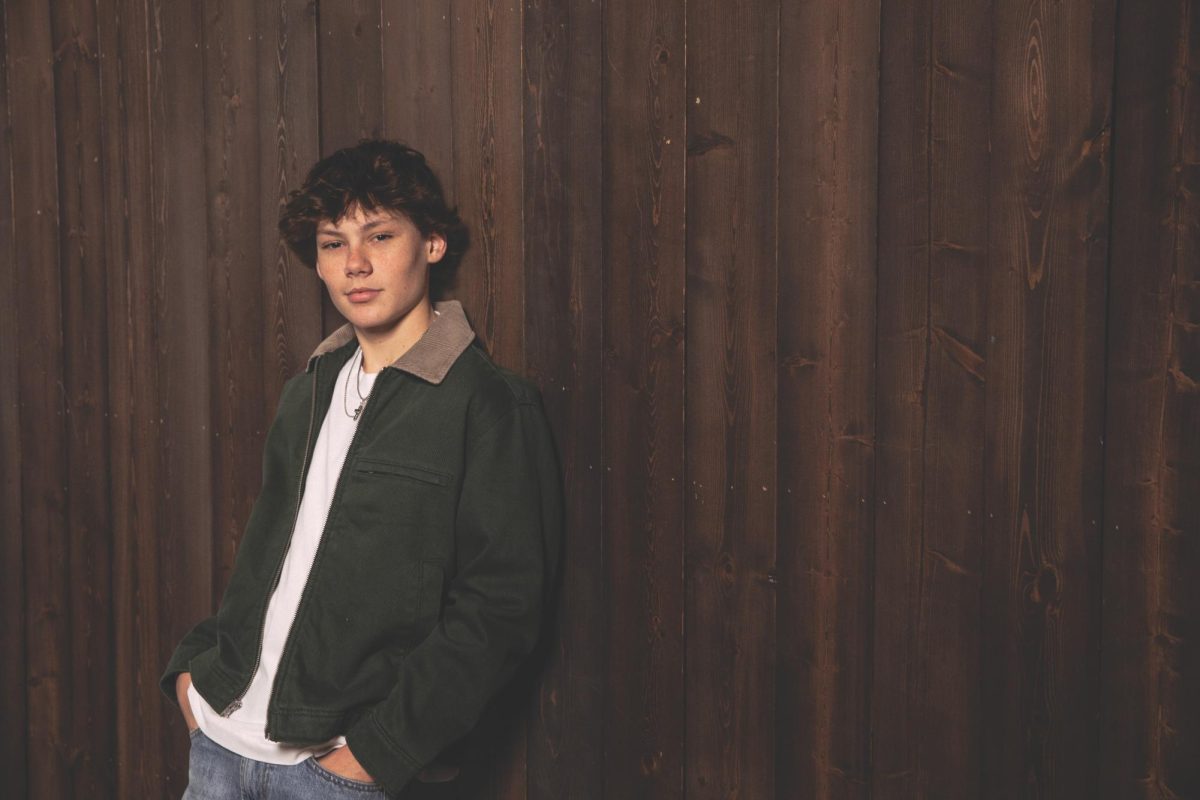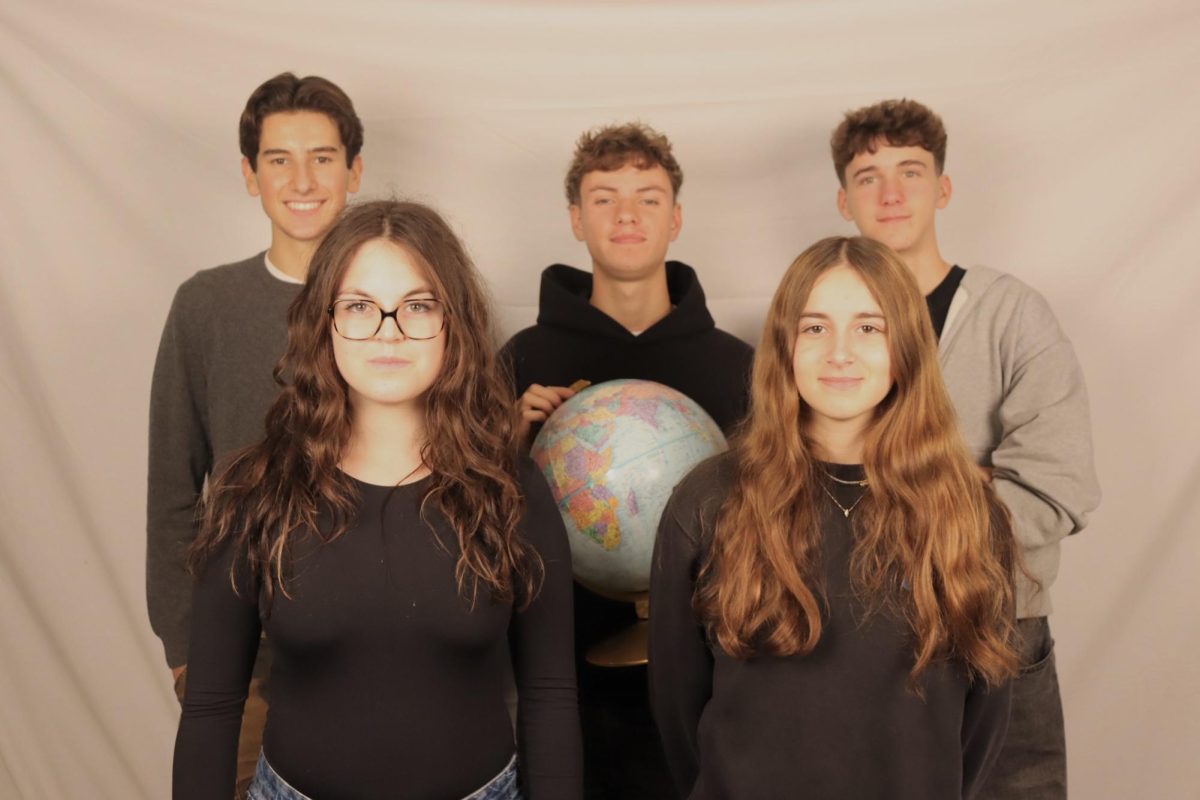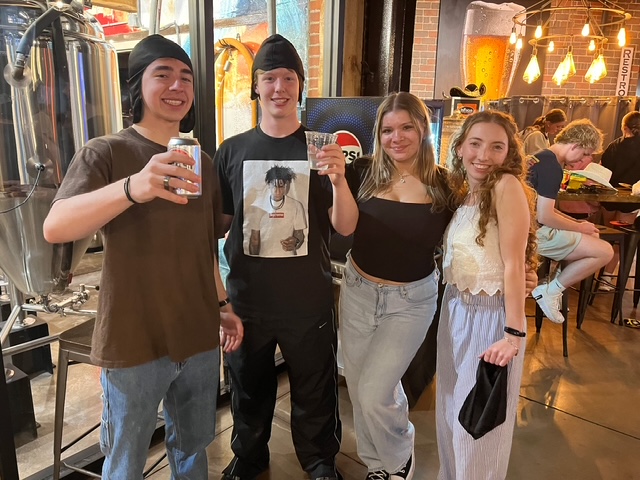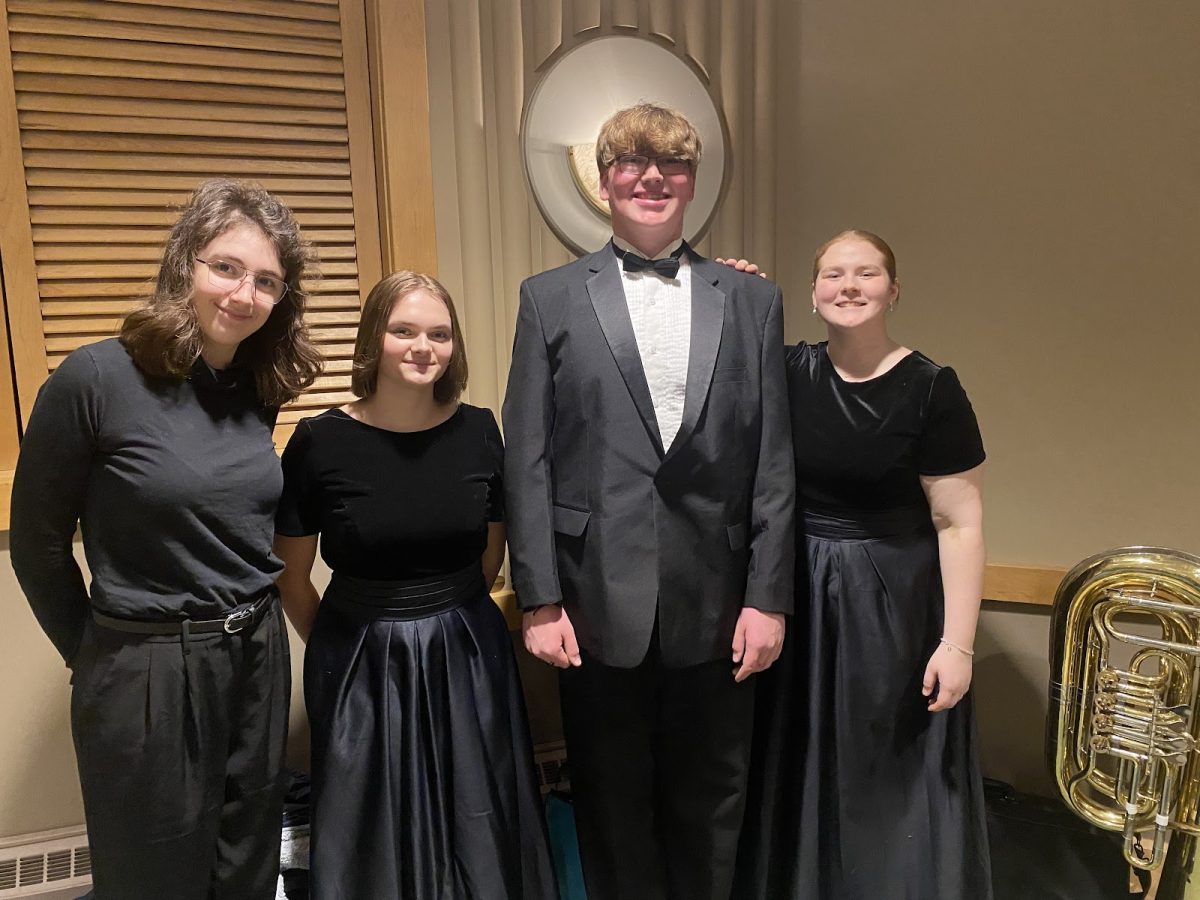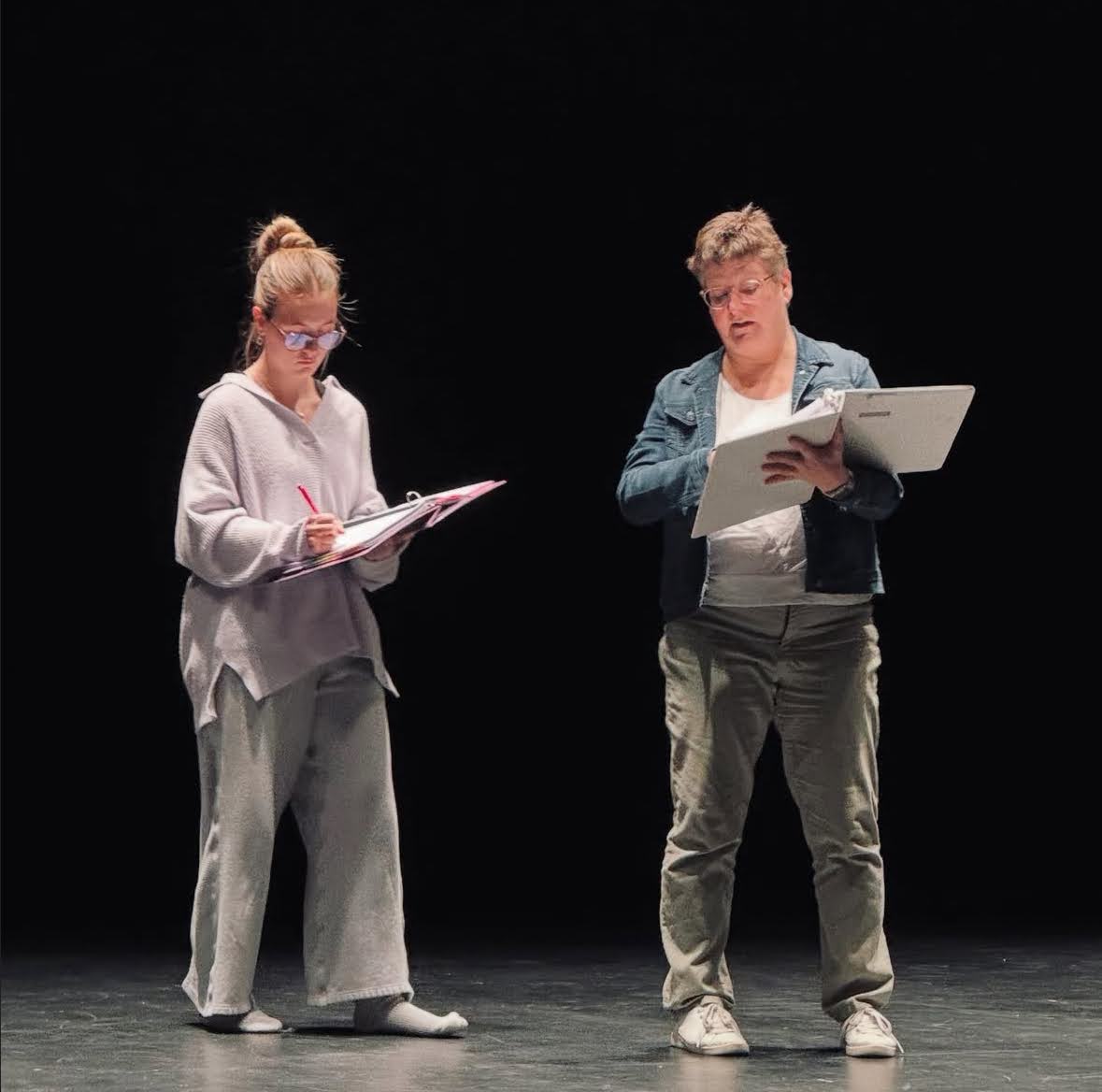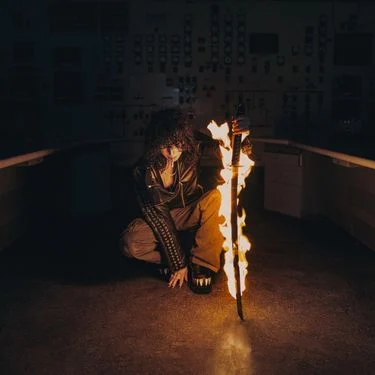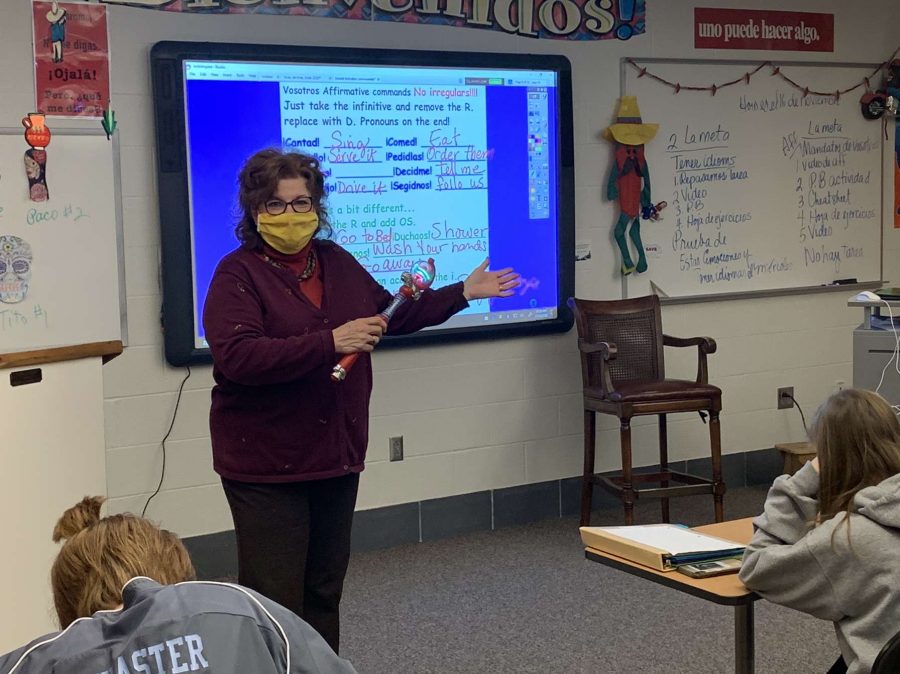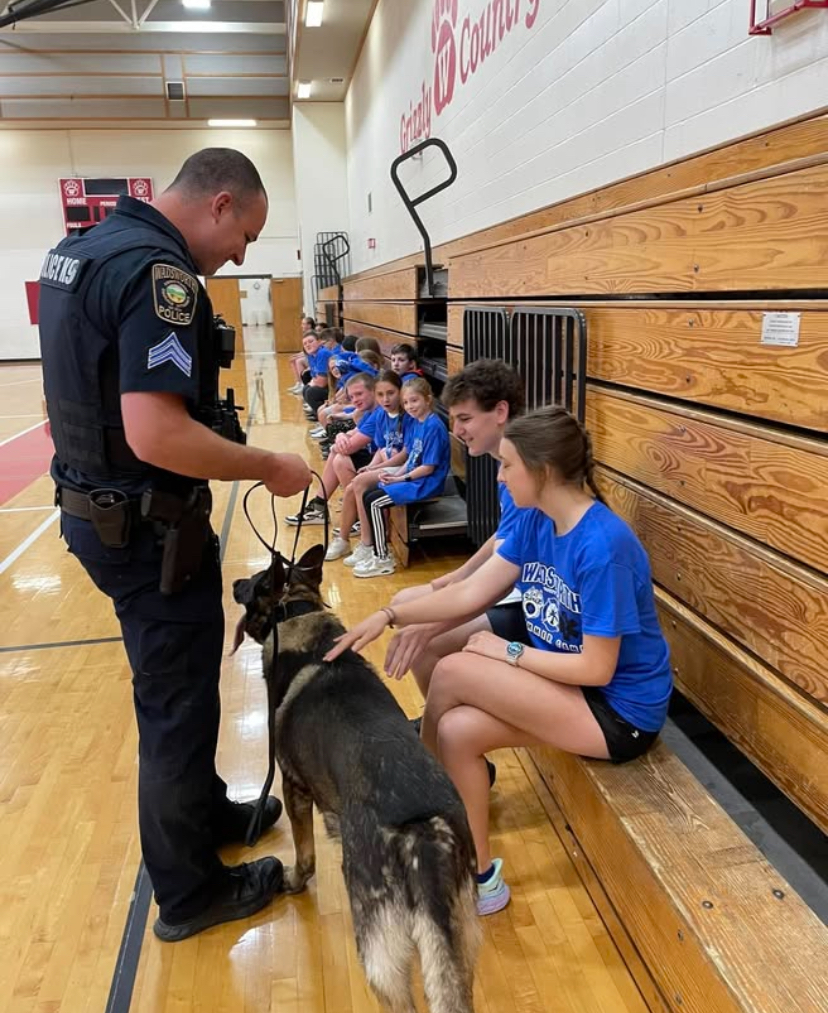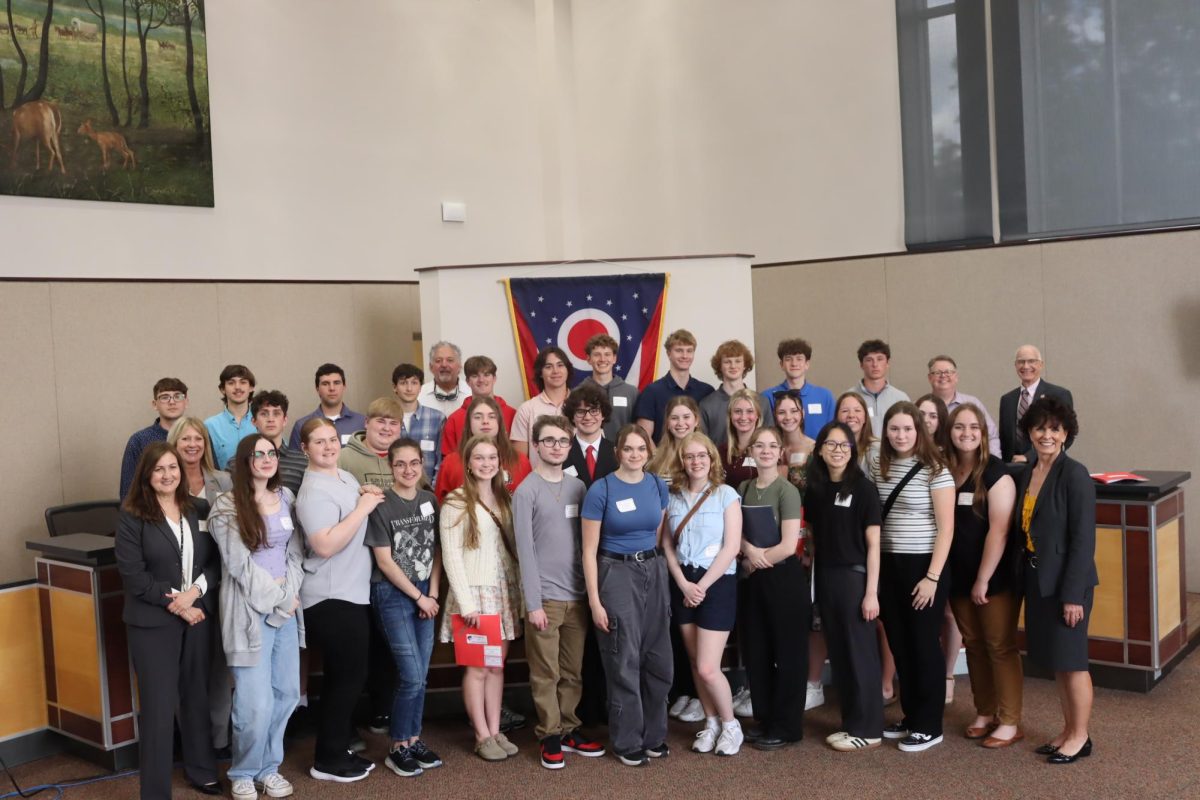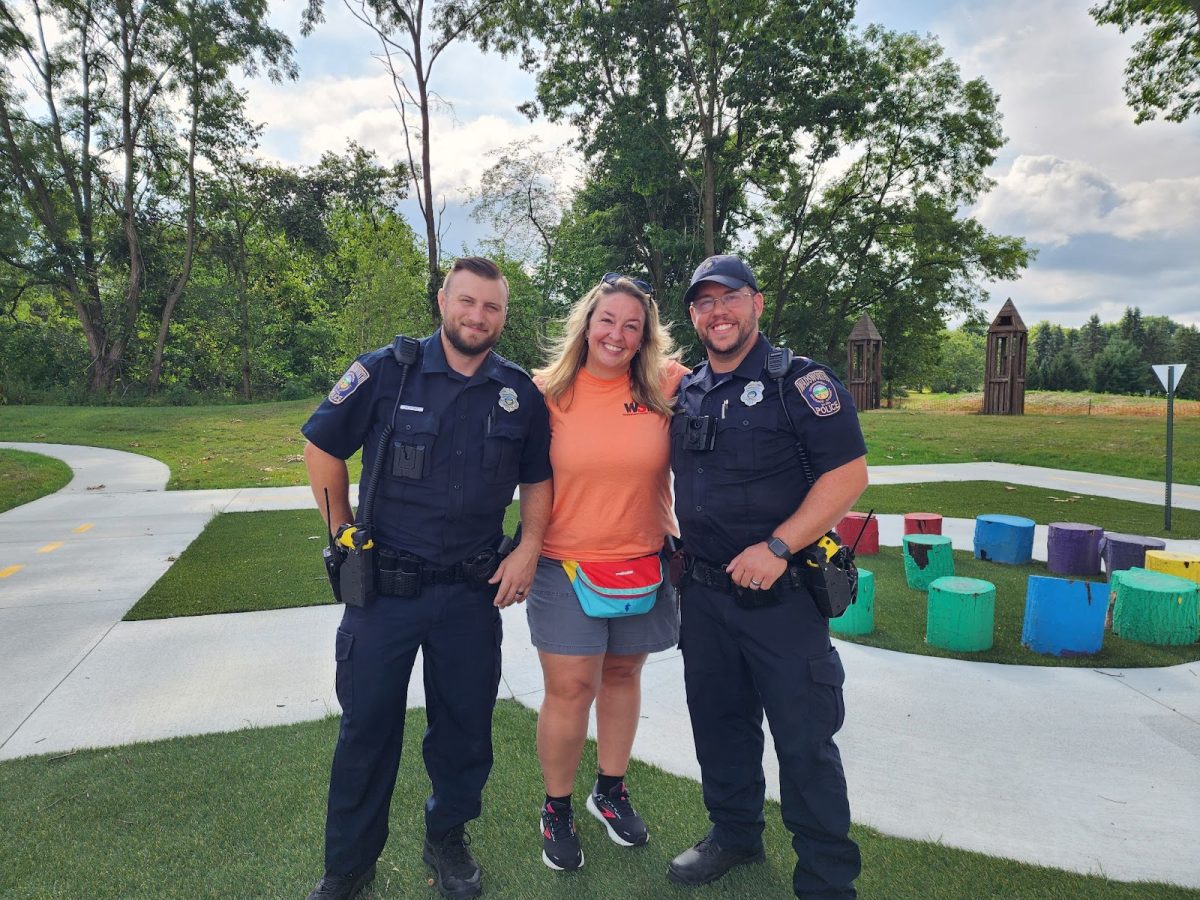BY KAYLA ROSS
Vicki Mathews, affectionately called Señora Mateos, is a spanish teacher at Wadsworth High School. She was diagnosed with COVID-19 in early October.
Mathews’s case became very serious, leading to the hospitalization of her and her husband, Scott Mathews. Although she is mostly recovered and has been back to school for a few weeks, some parts of her everyday life have been affected by this disease.
“I do still have some out of breath issues when I go up the stairs to get to my classroom,” said Mathews.
Mathews was in the hospital for nearly a week. Her husband’s case escalated to the point of hospitalization as well around the same time. His case was severe as well.
“ I spent six days in the hospital,” said Mathews. “I was very isolated. I only saw the doctors and nurses who came into my room. I was on the COVID-19 floor at Akron General. My husband was there too, and we never saw each other once while we were there.”

Of the fourteen beds available on the Akron General COVID-19 floor, eight were filled while the Mathews were there.
Mathews explains that she has taken many precautions since the very beginning of the pandemic.
“ I am very careful.” said Mathews. “I wear my mask, I wash my hands, I stay away from students. But we went to a fundraiser that was for the Norton and Barberton food bank. The fundraiser was at a restaurant and they spaced everybody out. We wore our masks in and we sat across from our friends. We ate dinner, we put our masks on, and we went back home. Not thinking we did anything risky at all. But, they [friends of Mathews] had been exposed to COVID-19 and didn’t realize it. We were victims, right across the table from them. Everyone at our table tested positive within the next ten days.”
In a seemingly low-risk environment, Mathews and her husband still contracted the virus, despite wearing their masks and following the social distancing precautions.
“My husband and myself had every symptom right away. We had fever, chills, cough, loss of taste, loss of smell, and our fevers didn’t go away.” said Mathews.
Her symptoms continued to get worse, although she notes that her friends’ symptoms were not as severe and comparable to the symptoms of the common cold.
Eventually, Mathews and her husband both got so sick that they decided to go to the emergency room. Before their cases reached that point, Mathews’s daughter sent an Amazon package with an oximeter to her parents’ front door.
“I read my finger.” said Mathews. “My oxygen level was at 84. My husband’s was at 92. I called my daughter and she said, ‘Mom, you’re supposed to have an oxygen level in the high nineties.’ So I called my doctor and she said to go immediately to the emergency room.”
By the time Mathews reached the emergency room, she already had additional complications resulting from COVID-19.
“They did a lot of tests, including a chest x-ray and an MRI.” said Mathews. “They found that I already had pneumonia setting in my lungs. They decided they were going to move me right into the COVID ward that night.”
With time and with the help of hospital staff and medicine, Mathews and her husband began to recover from the coronavirus.
“We were given a new drug, Remdesivir, which knocked out that virus pretty quickly.” said Mathews. “I felt much better immediately. We actually got it right before the [FDA] approval.”
Since the Mathews hospitalization, the drug has been approved for use in patients hospitalized for COVID-19.
Mathews had a difficult time with the disease, especially while she had the virus, but she still struggles with the aftermath. Throughout her encounter with COVID-19, she continued to post updates on Facebook to highlight her struggles and experiences with the virus. She did this to inform the community about the severity of what the virus can become.
“It’s a very hard disease,” said Mathews. “I think that people are being too risky. I’ve been feeling good for almost four weeks now. And we still see people that are not wearing their masks. I did not get anyone sick here in this building. I was very concerned about that, and it is because I wore a mask the whole time. I wash my hands, I am careful. But people are not protecting themselves or other people. I think that we, as Americans, we love our freedom. But we have to pause and think, if I have the freedom to take off my mask, am I going to take someone else’s freedom away by giving them a disease that is a potential killer?”
Washing hands, wearing a mask, and social distancing have all been proven effective in helping to prevent the spread of the coronavirus. The Mathews did all of these things, but nonetheless, they still tested positive for the virus. Mrs. Mathews made sure she practiced all of these things before and after she contracted the virus, especially while in the school building.
“I know some people aren’t getting as sick as I did, but I feel the potential to hurt someone by not wearing a mask is unacceptable,” said Mathews. “I could be preventing someone from ever having the choice to ever wear or not wear a mask down the road.”
With case numbers on the rise nationally and dramatically increasing in the state of Ohio, Mathews explains that there are simple decisions to be made that could stop the surrounding community from contracting the virus.
“Any little thing could be a COVID-19 experience,” said Mathews. “If you’re not careful, it’s possible to catch it. You don’t know if you’re going to be the one that just has mild symptoms or if you’re going to be the one that has severe symptoms. You just don’t know. He [my husband] and I had very severe symptoms.”
Señora Mateos is now recovered and is back to teaching all of her classes at Wadsworth High School.


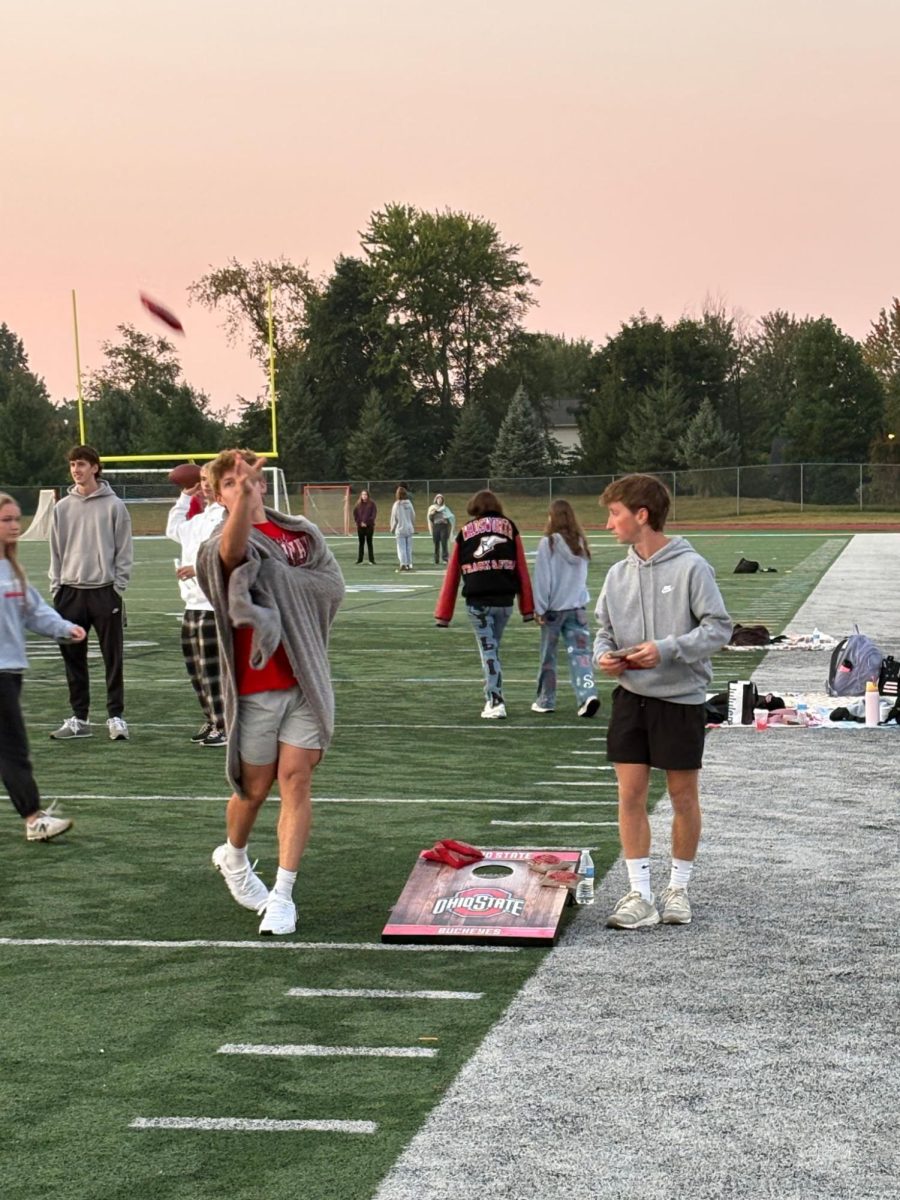

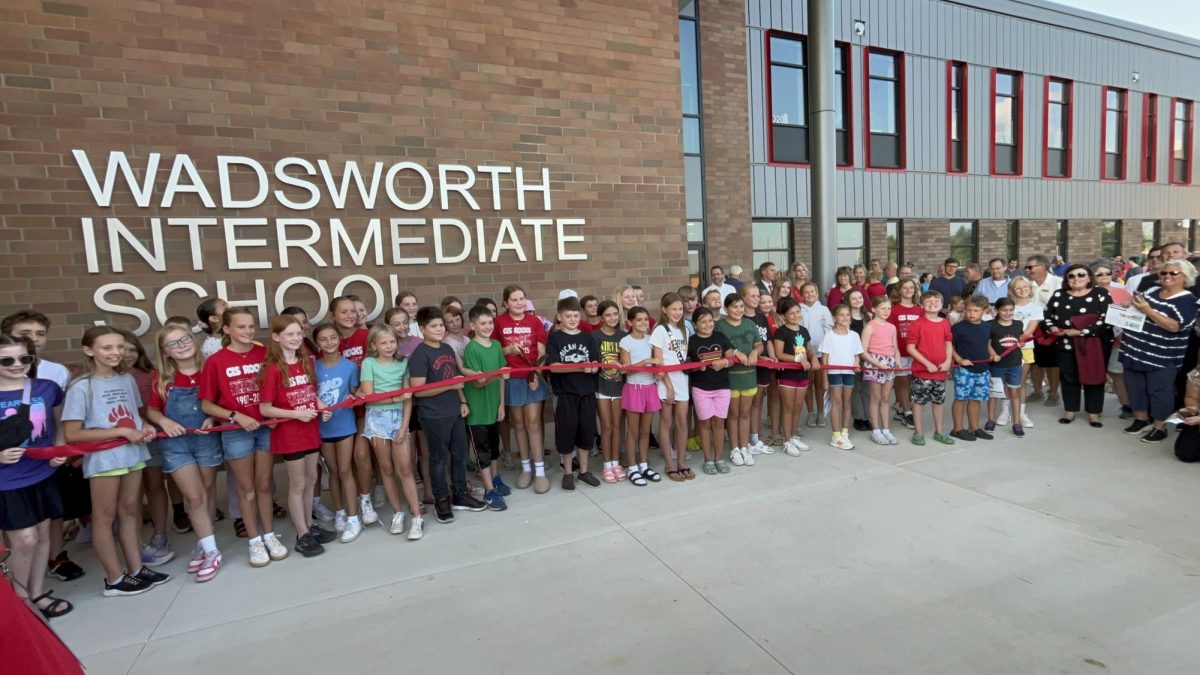
![Wadsworth's Class Of 2025 Walks At Graduation Ceremony [Photo Gallery]](https://wadsworthbruin.com/wp-content/uploads/2025/05/IMG_9018-1-1200x800.jpg)
